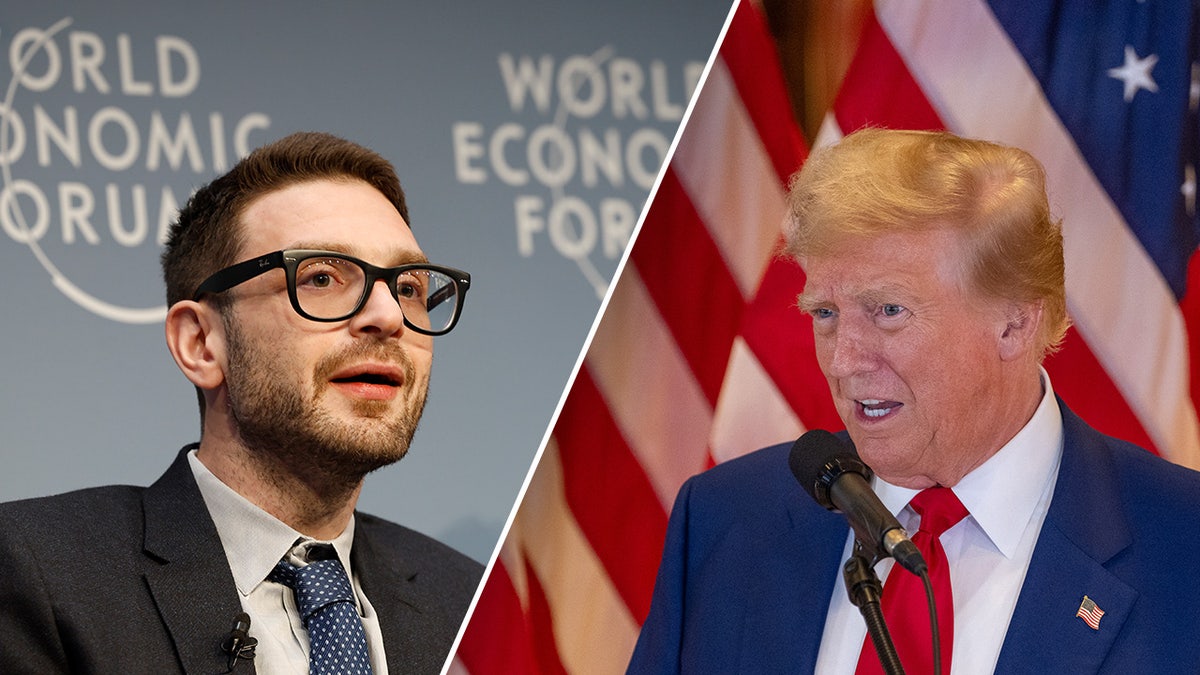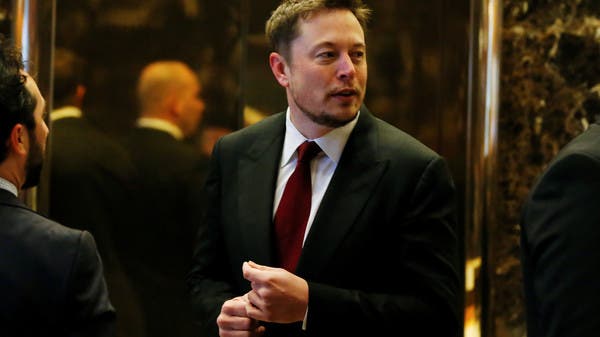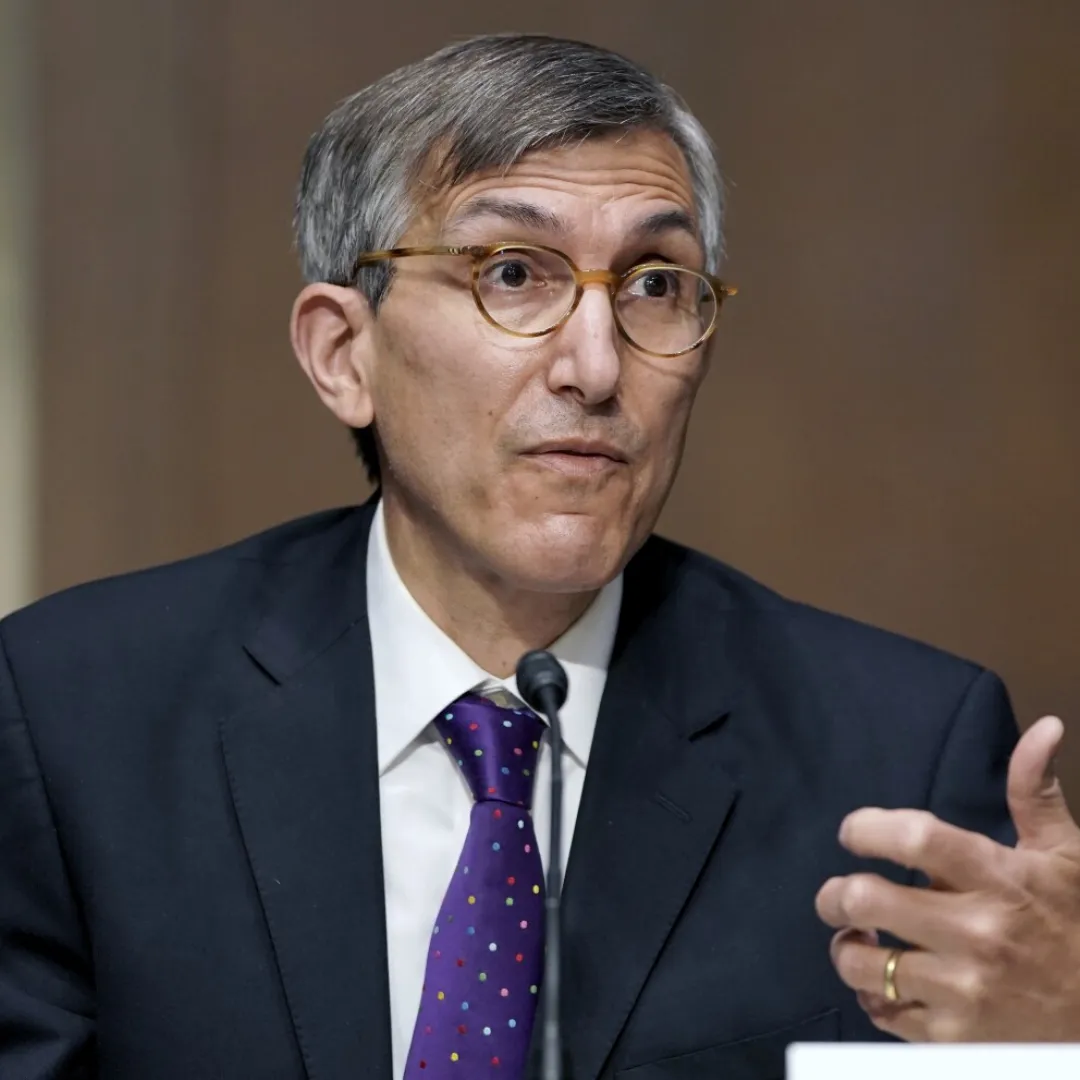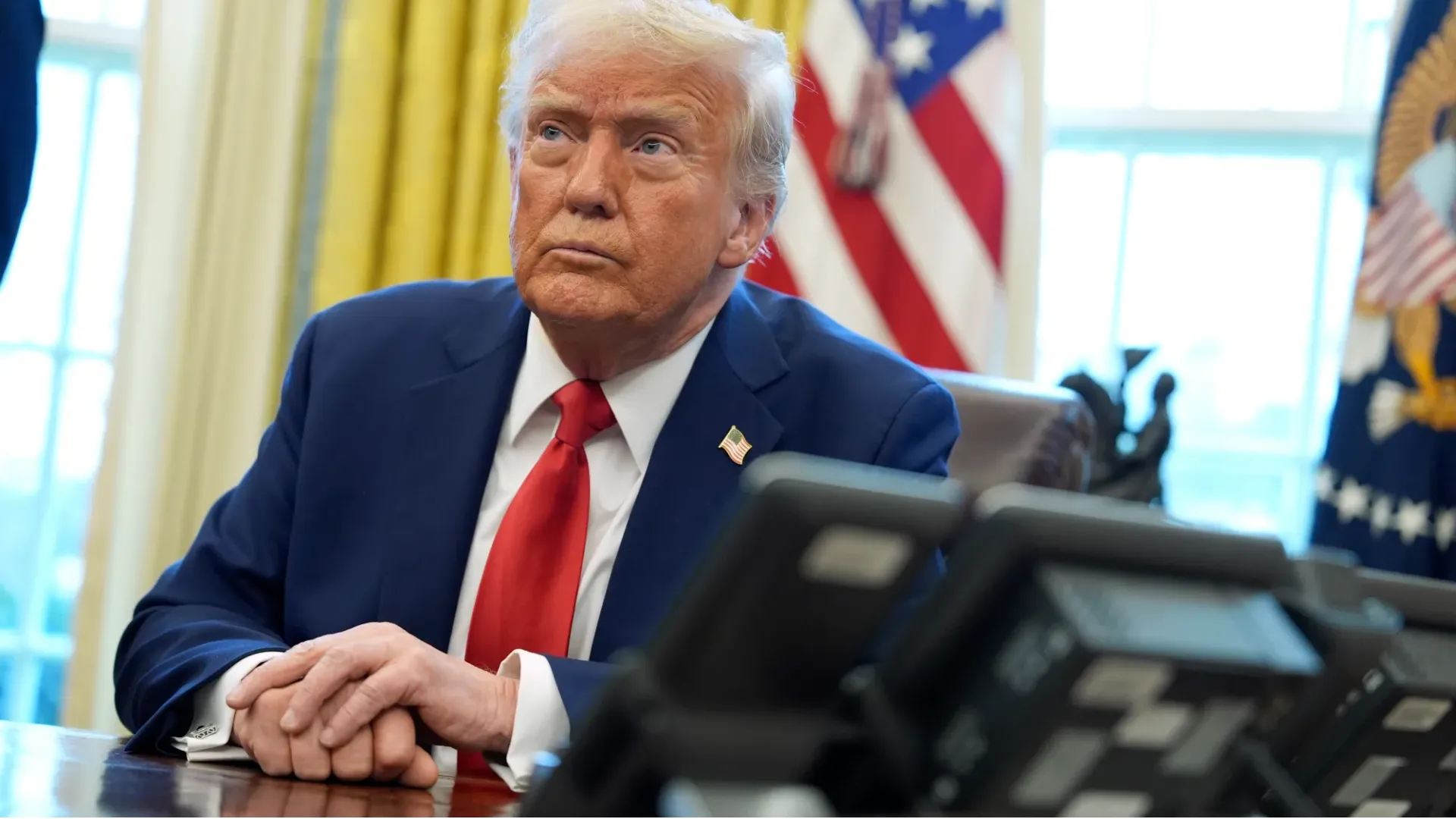Donald Trump Jr. took to social media to defend Elon Musk’s expanding role in the Trump administration, firing back at critics who claim they never voted for the billionaire entrepreneur.
In a post on X, Trump Jr. mocked liberals who oppose Musk’s influence, comparing his role in government to that of Alexander Soros, the son of billionaire philanthropist George Soros, who has been accused by conservatives of wielding disproportionate power over the Democratic Party.
“I didn’t vote for Elon Musk,” Trump Jr. wrote, referencing a common complaint among critics of Musk’s involvement in government decision-making.
“Well cry harder libs. We didn’t vote for this clown either, yet he controls the Democrat Party. The difference is Trump ran & was elected in a landslide with full transparency that Elon would be doing exactly what he’s doing. See the difference?”

Trump Jr.’s comments come amid ongoing debates over Musk’s influence within the federal government, particularly his leadership in the Department of Government Efficiency (DOGE), an agency created under President Trump’s second term.
DOGE has spearheaded aggressive government reforms, including the dismantling of the U.S. Agency for International Development (USAID), cuts to federal agencies, and proposals to overhaul the Federal Aviation Administration (FAA).
Musk’s role in these efforts has sparked backlash from Democrats and government officials who argue that his influence is unprecedented and unaccountable to voters.
Critics have pointed out that Musk, who has no formal government position, is making decisions that impact federal agencies, international aid, and even national security policies.
Supporters of Trump and Musk have countered that their administration has been transparent about Musk’s involvement from the beginning. Trump repeatedly praised Musk on the campaign trail, positioning him as a key figure in the effort to streamline government operations and cut wasteful spending.
Many conservatives view Musk’s approach as a necessary disruption to what they consider an inefficient and bloated federal bureaucracy.
The reference to Alexander Soros in Trump Jr.’s post is part of a broader narrative among conservatives that the Soros family exerts significant influence over left-wing politics. Alexander Soros, who has taken over much of his father’s political and philanthropic operations, has met with high-level Democratic leaders and supports progressive causes.
Republicans have long accused the Soros family of using their wealth to sway elections and shape policy, though no direct evidence has substantiated claims of undue influence.
By drawing a comparison between Musk and Soros, Trump Jr. sought to highlight what he sees as a double standard in political discourse. While conservatives criticize Soros for his behind-the-scenes influence, liberals are now expressing outrage over Musk’s role in government.
Trump Jr. argues that unlike Soros, Musk’s influence was openly acknowledged during Trump’s campaign, giving voters a clear understanding of his future involvement.
Musk’s impact on government operations has been particularly visible in the restructuring of USAID. DOGE’s rapid dismantling of the agency has led to thousands of employees being placed on leave or dismissed, with federal funding being redirected away from international aid programs.

The move has been met with significant resistance from Democrats and humanitarian organizations, who argue that cutting USAID funding could destabilize global development efforts.
Musk has also pushed for major changes to federal infrastructure, including the FAA’s air traffic control systems. His announcement that DOGE would oversee “rapid safety upgrades” to the aviation system came after a high-profile midair collision near Ronald Reagan Washington National Airport.
The incident, which resulted in 67 fatalities, intensified scrutiny over aviation safety and fueled debates about whether Musk’s reforms are necessary improvements or reckless overhauls.
Despite the controversy, Musk remains one of Trump’s closest allies in government reform. His supporters argue that he is delivering on campaign promises to make government more efficient and eliminate wasteful spending.
Critics, however, see his influence as an unchecked expansion of power that lacks public accountability.
Trump Jr.’s social media post reflects the broader ideological battle over government control, transparency, and the role of powerful individuals in shaping policy.

His remarks suggest that conservatives view Musk’s role as legitimate and justified, while they see Soros as an unelected figure influencing Democratic politics without voter consent.
As the Trump administration continues to implement sweeping government reforms, the debate over Musk’s role is unlikely to fade.
With the 2026 midterm elections approaching, Democrats are expected to use Musk’s influence as a campaign issue, while Republicans will continue to defend his involvement as a necessary force for change.





